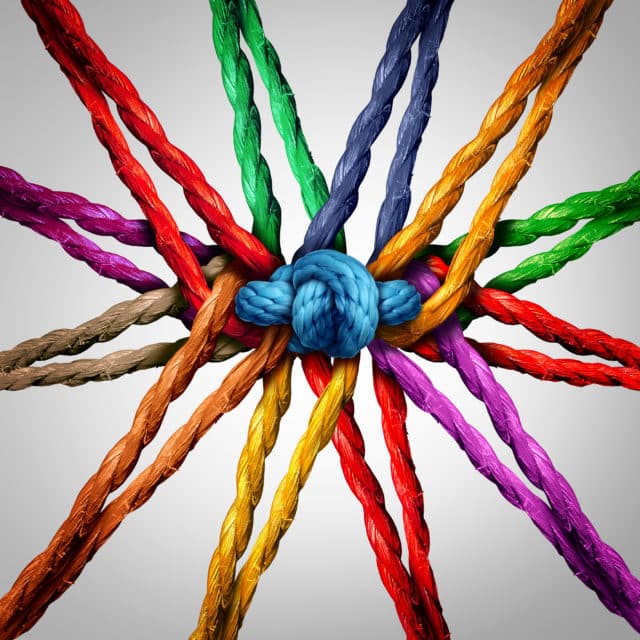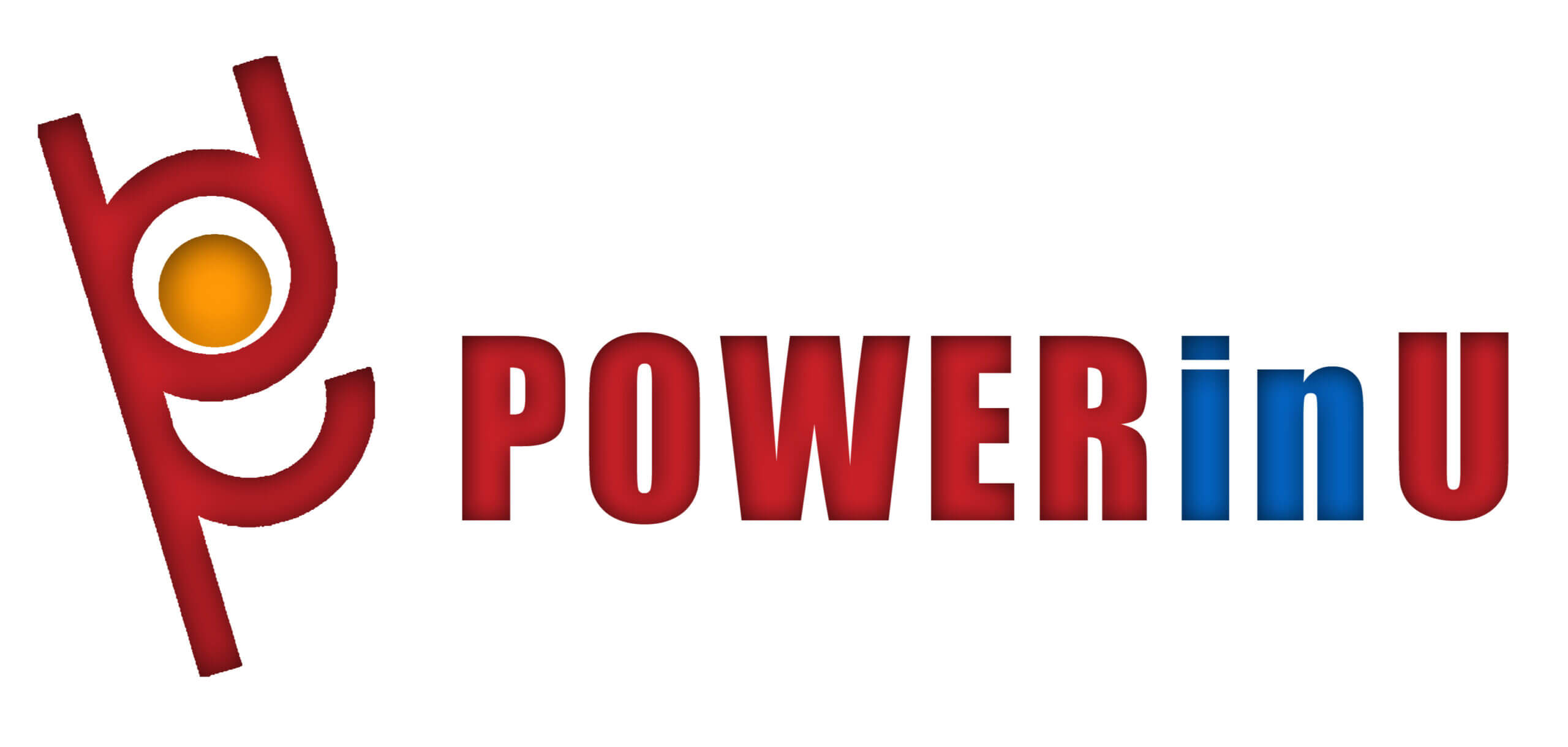by Elaine Cercado
My teenage son, Elijah, is someone I would call a “global citizen”. He was barely one year old when we moved from Philippines to Malaysia, and then to Singapore. Before he finished grade school, he has already traveled to the USA, Australia, New Zealand, Japan and most of the ASEAN countries. He is currently a 10th grader at Canadian International School (CIS) in Singapore, which represents a truly diverse population from over sixty countries. His friends come from all the continents of the world. His early international exposures and interactions with diverse cultures, and his natural openness, curiosity and flexibility as a child have made Elijah and other global citizens like him highly adaptable and confident to deal with changes, diversity and challenges.

THE POWER OF ADAPTING TO NEW TECHNOLOGIES
Adaptability is a quality that has become more important than ever in today’s “flat” world where digital technology advances are exploding and dictating the pace of life and where the powers are shifting from the big companies to the individuals. In his book “The World is Flat”, Thomas Friedman mentioned, “There is a newfound power for individuals to collaborate and compete globally.”
Friedman then said that the convergence of technologies – such as PC (which allowed individuals to author content), fiber-optic cable (which allowed individuals to access content instantaneously) and workflow software (which allowed individuals from all over the world to collaborate on the same content) – has enabled, empowered and enjoined individuals and small groups to go global so easily and so seamlessly.
In short, if one wishes to access and enjoy this new power for individuals – for personal or professional purposes – one has to know and to use relevant technologies. Of course, one has to also know when not to use them – as there is so much time and productivity lost when one is not mindful, as in the case of excessive use of social media.
Elijah’s best friend, Sam, has moved back to the Philippines. Yet they maintained their great relations through Skype chat and online games, in addition to the meet-ups during travels. My father, who lives overseas and who comes from a generation that used the typewriter and telegram, sends me SMS and email from his iPad with such ease. They have both taught me lessons that the power of technology can be used to achieve a purpose, in this case, sustain or even enhance great relationships.
The lesson applied to work: For my own management consulting and training company – through my persistent kinesthetic learning style and the “help” menu – I’ve created my company’s website and regularly update its content; created a company Facebook page and maintain it; post blogs, photos and tweets; and unify all my messages to be noticed in this overcrowded digital space. Partly because I was curious and interested and partly because I was saving money, I did everything on my own. In the process, I learned a great deal about these technologies at a faster rate than if I didn’t do it; gained broad and deep insights about the world, business and people; and achieved my goals and success proportionate to the time and energy I’ve invested.
THE POWER OF ADAPTING TO A MULTICULTURAL ENVIRONMENT
One time we fetched Elijah from an activity with Singaporean friends, and in the car, he began to speak with us in Singlish accent, which is not his usual one. So I quipped about this, and he just said, “Oh, sorry, I haven’t switched back.” Then I realized that when he is in school, he speaks in his usual American accent, and then switches to Filipino-English accent at home, and to Singlish when with local friends. As Elijah is young, open-minded and eager to learn and socialize, switching seems effortless.
Yet the important lesson here is about adapting to build and develop rapport and relationships. Elijah does it to understand and be understood, to bond with his friends better, and to widen his network of allies and friends. Elijah deals with different groups – his school community, his Catholic youth group, and his family and relatives. So far, he has managed to adapt his behavior to each group, without losing his authenticity – that of a Philippine-born individual, of Catholic faith and anchored on certain family values and ideals.
The lesson applied to work: Each group (a team, department, division or company) lives according to a set of values or code of ethics and demonstrates certain behaviors and cultures. One needs to adapt well to the organizational values and culture – and the best way is to ensure alignment between the organizational and one’s personal values. Sometime ago, I wrote about blending and standing out and said, “Blending does not mean losing your unique identity. On the contrary, you should perform and contribute your talents, knowledge, skills, experiences and personal qualities – as these are essential for you to collaborate with others effectively – especially in a multi-cultural workplace. All these make up your unique and distinctive “You” – and are critical to your personal, as well as, your team or organization’s success, especially in today’s matrixed and networked structures.” The irony of it all – one needs to always be authentic to adapt well!
THE POWER OF LEARNING, TAKING CHANCES, CHANGING & GROWING
From my perspective, the ultimate manifestations of adaptability is learning new things, taking risks, changing and growing. When Elijah was young, he went to formal schools for visual arts, swimming, tennis and drums. As he grew older, he took up a new hobby (photography), sport (basketball), and musical instrument (guitar), and took learning to a different level. He accessed digital content (such as YouTube and the internet), built on his knowledge, talked with experts, practiced regularly on his own, perfected and performed for fun or for competition.
Albert Einstein has said, “I have no special talents. I am only passionately curious.” The lesson I learned from Einstein and Elijah is that they act on their curiosity with passion. When Elijah photo shoots, he researches and plans; asks for expert guidance; consults technical manuals; and tries endlessly. Recently, he had to deliver a personal project for his school’s year-end exhibition and chose the subject of street photography. Over a period of three months, he applied all his skills in researching, planning, photography, editing, creative and technical writing and photo book production. In the end, he achieved a perfect score of 7 from the teachers-assessors.
The lesson applied to work: Having the passion and agility to learn and grow, the courageous risk taking, the tenacity to “try and try until you succeed”, the adaptability to constant changes, and the growth in every experience are important success factors at work, and in life in general. At the end of the day, what matters most is not only achieving material success but also more importantly success in developing, maximizing and sharing the talents given by God. As the saying goes: “Work like you don’t need the money. Love like you’ve never been hurt. Dance like nobody’s watching.” (Satchel Paige). When one successfully journeys from passionate curiosity to passionate learning and living, the “power within U” is unleashed. And with this power, one can be certain that like Elijah and other global citizens, one is adapting well and becoming more confident to deal with today’s changes, diversity and challenges.
THE IMPORTANCE OF ADAPTING WELL AT THE WORKPLACE
Accenture published a research study for Singapore Human Capital Summit 2010 entitled “Who is Taking Your Business Across Borders? Harnessing Human Capital for Successful Regionalisation in Asia.” In the study they identified the top challenges for effective operations across countries in Asia as: flexibility & adaptability, cross-border collaboration and cultural diversity. These are part of “human capital capabilities that differentiate businesses in Asia from the rest of the world.” In short, individuals who can effectively demonstrate that they have what it takes to address these top challenges will likely make it – as companies would want to hire and retain them. So take and act now on the most important lesson: Adapt Well!
